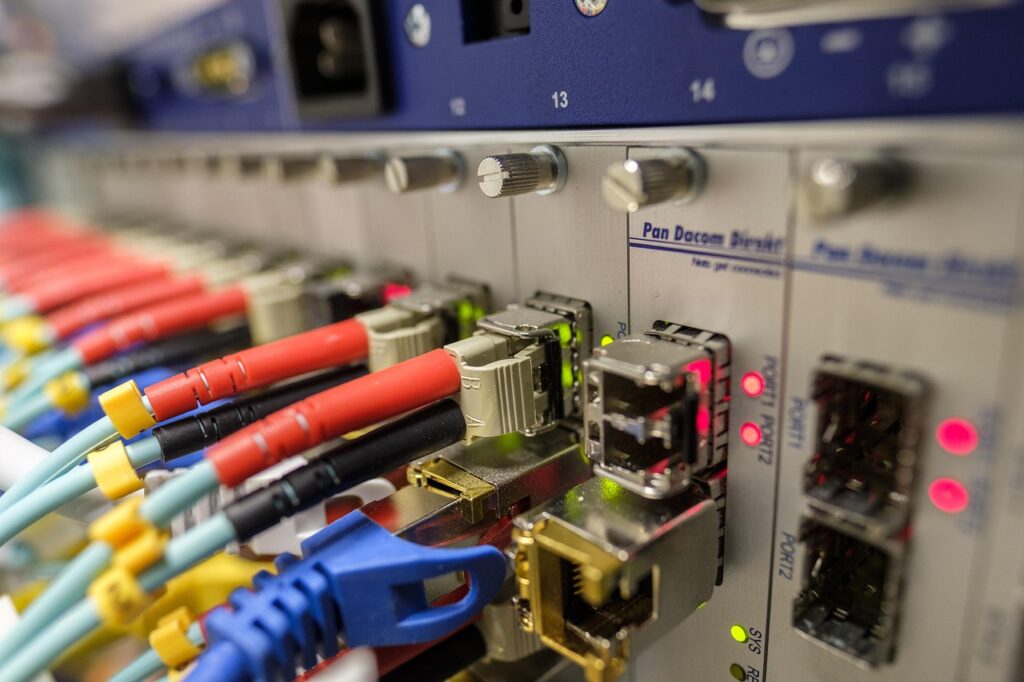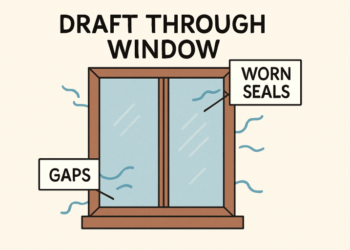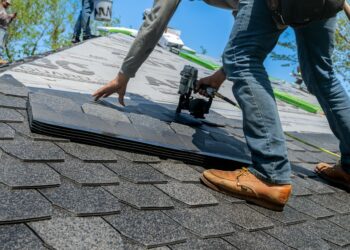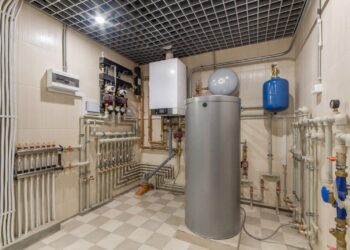
Some homeowners always complain about slow, unstable, and unreliable internet connections. Some think it is their devices, while others have no idea there could be a better option. For example, many homes still use traditional internet services like DSL or cable and may not realize that fiber internet is faster or more reliable.
Why do internet users struggle with unreliable connections when fiber internet can do more? Here are the top reasons why fiber internet is the best upgrade for home networks.
Unmatched Speeds
People who work from home know how important it is to have a fast and steady internet connection. Slow internet can make it hard to download files, make calls, and join online meetings. It can make participants freeze during video conferences, which is quite frustrating.
Poor internet can also hurt home businesses by affecting communication with clients and causing delays. However, switching to fiber internet can solve these problems. Fiber offers faster upload and download speeds and supports clear video calls and quick file sharing.
However, before making the switch, homeowners should understand the key features of fiber internet. They should also compare the maximum speed of each subscription plan to choose the speed that suits their needs.
Reliable Connection
Some internet users blame their router when the connection drops. But sometimes, the issue is much deeper, such as signal interference by weather or external elements. For instance, radio waves from other devices and environmental factors could weaken internet signals in some connections. Bad weather, such as strong winds or heavy rain, can affect the internet.
Fiber internet helps prevent many of these challenges and ensures a continuous connection. Fiber connection uses light signals instead of electricity, which means less interference from external elements or weather changes. This results in a stable and reliable connection, regardless of external factors.
Better for Multiple Devices
Can the number of devices one connects to the internet affect internet speed or reliability? With traditional internet, the more devices one connects, the slower the connection becomes. However, this does not happen with fiber internet unless the provider has set a daily or monthly data cap.
A fiber connection can handle more devices at once without buffering or downtime. Everyone in the house can stream, browse, or play games simultaneously without lag. This is a significant advantage for large families or shared homes with many devices.
Stronger Security
Hackers often look for weak internet connections; they target low-quality networks to steal data or spy on users. This is a substantial risk, especially for people who work from home or run businesses online. Fortunately, fiber internet has a low security risk. It uses light signals, which are safer since breaking into the network takes more effort.
However, security does not end there; a good internet provider will offer extra safety features, such as firewalls, virus protection, and alerts for suspicious activity. This adds another layer of protection for home networks.
Some homeowners are not ready to switch to fiber internet. They believe their current service is good enough or fear the additional costs. Some do not know that fiber internet can beat their current connection.
However, a fiber internet connection is a good investment that gives clients value for their money. Clients who upgrade their current internet to fiber connections will enjoy a stable connection, better security, and high speeds even when using several devices simultaneously.











